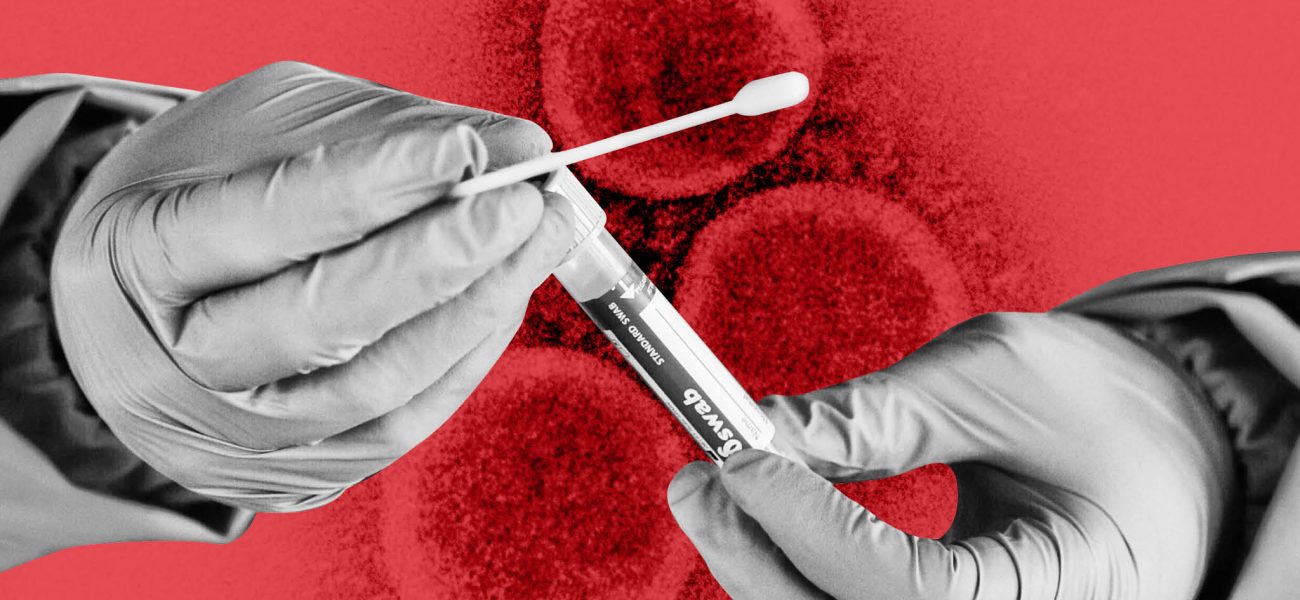On Wednesday, February 17, the Public Health Emergency Bill, 2021 passed second reading in the Senate and was referred to its Committee on Primary Health and Communicable Diseases for further legislative action. The bill seeks to repeal the obsolete Quarantine Act 1926 and provide an effective and efficient legal and administrative framework to address challenges from a sudden outbreak of infectious diseases. It also seeks to facilitate the provision of funds and accountability mechanisms to contain the spread of dangerous infectious diseases, as well as prescribe offences and punishments for violations associated with the control and management of such diseases. To this end, the provisions of the bill empowers the President and, in some circumstances, the Governor of a State to declare a place “an infected area” and issue appropriate regulations or directives to curb the spread of an infection within Nigeria, and transmission from Nigeria to other parts of the world.
It also empowers the President or Governor of a State to appoint a special task force to co-ordinate national remedial measures to address the outbreak of an epidemic or a pandemic. In addition, it expands the scope and interpretation of dangerous infectious diseases beyond what is contained in the existing Quarantine Act.
The provisions of the bill also emphasise co-ordination and organised national responses during periods of public health emergencies. This implies multi-agency action and distribution of enforcement powers among relevant agencies. The bill also appears to maintain appropriate balance between emergency measures required to be taken by appropriate authorities under any declaration of public health emergency and the constitutionally guaranteed rights of citizens and the general public in the overriding national public health interest. This is closely related to law enforcement in times of health emergencies. To this end, the bill provides for mandatory training of security officers responsible for implementation of its provisions. This will contribute towards curbing the highhandedness of security agents in enforcing such laws, as evidenced by reports of human right abuses perpetrated by security agents in the course of enforcing regulations during the COVID-19 lockdown.
The Public Health Emergency Bill further seeks to provide a legal and institutional framework to impose and implement mandatory self-isolation and quarantine of infected persons, as well as restrictions of movement upon the outbreak of a dangerous infectious disease. Confinement to a private home or premises is recognised as an option for isolation and quarantine. There is also an option for treatment at home. Another key point addressed by the bill is the recognition of the rights and welfare of healthcare providers and support services. The bill mandates the provision of adequate personal protective equipment (PPE), full-life and medical liability insurance and special allowance for these categories of persons.
Recent developments have highlighted the need for a modern and comprehensive legislation to deal with public health issues. It will be recalled that upon the outbreak of the coronavirus disease in Nigeria, an Infectious Diseases Bill, 2020 introduced in the House of Representatives to repeal the outdated Quarantine Act was heavily criticised for its far-reaching and arbitrary provisions. The Public Health Emergency Bill appears to be a significant improvement from the Infectious Diseases Bill and addresses key guiding principles expected of a legislation of this kind.
Read PLAC’s Bill Summary and Analysis of the Public Health Emergency Bill, 2020

